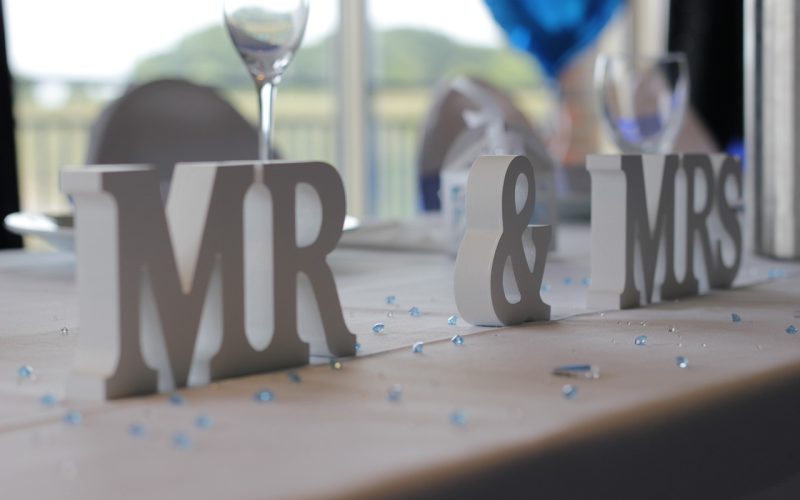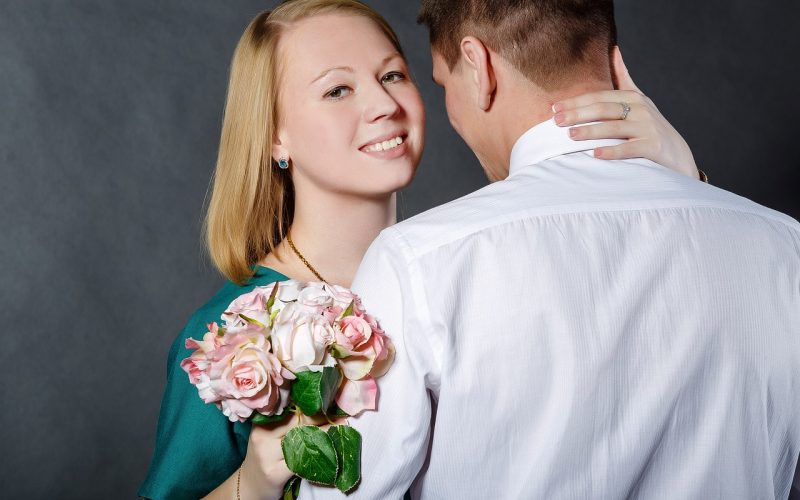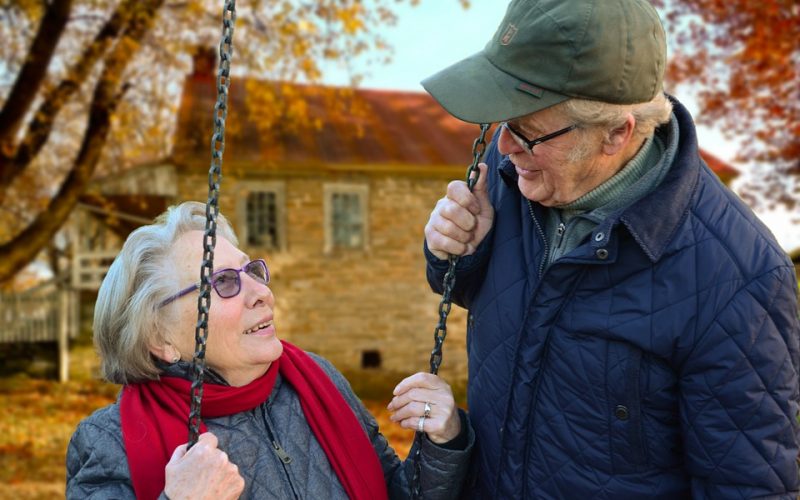The Feminist Backlash To Marriage
Marriage, as an institution, has historically carried significant cultural and social weight. However, in recent years, it has faced growing criticism from feminist thinkers and activists who challenge its relevance and implications in modern society. This backlash isn't just about rejecting the notion of marriage as a personal milestone; it questions the deeply entrenched societal structures and gender norms tied to the institution itself.
The historical roots of marriage and power dynamics
To understand the feminist critique of marriage, it is essential to examine its historical origins. Traditional marriage has often been rooted in power imbalances, with women frequently being treated as property or commodities exchanged between families. For centuries, marriage functioned as a mechanism to secure alliances, transfer wealth, and reinforce patriarchal social structures. Women's agency within the institution was minimal, and they were expected to conform to roles defined by obedience, domesticity, and dependence.
Although significant progress has been made in terms of gender equality, echoes of these historical power dynamics persist in many societal attitudes toward marriage. Feminists argue that these lingering inequalities make it difficult to fully separate the institution from its patriarchal origins.
Marriage as a tool for reinforcing traditional gender roles
One of the central criticisms raised by feminist thinkers is that marriage continues to reinforce traditional gender roles, even in contemporary contexts. Expectations around women being primary caregivers and homemakers are often amplified within the framework of marriage. Surveys and studies highlight that even in dual-income households, women frequently bear a disproportionate share of domestic labour and childcare responsibilities.
Critics argue that while modern marriages may appear more egalitarian, they often fail to completely dismantle these embedded expectations. The feminist backlash questions why these inequities remain prevalent and challenges the idea that marriage must conform to traditional notions of family and partnership.
Changing priorities and growing independence
The rise of feminism and the push for gender equality have empowered more women to prioritise personal ambitions, careers, and educational opportunities over traditional milestones like marriage. Many women now view marriage as a choice rather than a necessity, and some reject it outright as a means of asserting independence.
This growing independence has also been accompanied by societal shifts in perceptions of fulfilment and happiness. For many women, the focus has shifted from external validation tied to marriage and family to personal goals and achievements. Feminists see this shift as an opportunity to redefine relationships on their own terms, outside societal expectations.
A critique of legal and financial implications
Marriage, as a legal construct, carries a range of financial, social, and legal implications that feminists have scrutinised. For example, marital laws have historically favoured men, giving them greater authority over shared assets, property, and even custody of children. While laws have evolved over time, inequalities persist in areas like financial dependency or disadvantages faced by women in divorce settlements.
Furthermore, many feminists question why certain legal and economic benefits (such as tax breaks or health insurance privileges) are tied exclusively to marriage. This, they argue, marginalises those who choose not to marry and reinforces societal pressures to conform to a specific framework of family and relationships.
Intersectionality and inclusivity in the conversation
The feminist backlash to marriage is not a monolithic movement. Feminists from diverse cultural, racial, and economic backgrounds offer different critiques depending on their lived experiences. Intersectional feminists, for instance, stress that the conversation around marriage cannot ignore the impact of race, class, and sexuality.
For example, while marriage was historically a tool of patriarchal control, it has also been a site of liberation for certain marginalized groups. The fight for marriage equality among LGBTQ+ communities highlights how individuals have sought to claim rights and recognition previously denied to them. Within this context, feminists engage in nuanced discussions about how to reconcile these competing perspectives.
Redefining relationships and the future of marriage
The feminist backlash against marriage is not necessarily a wholesale rejection of committed relationships or partnerships. Instead, many feminists advocate for reimagining relationships to reflect an equitable and individualistic approach. Concepts such as cohabitation, civil partnerships, and even non-traditional relationship models like polyamory are gaining traction as alternatives that challenge the traditional framework of marriage.
By exploring alternative ways of structuring relationships, feminists aim to decouple love and commitment from the legal, social, and cultural expectations tied to marriage. Crucially, this movement also opens the door to more inclusive and diverse relationship structures that better align with modern values.
The feminist backlash against marriage is far more than a rejection of white dresses and big ceremonies—it is an overarching critique of the power dynamics, gender roles, and societal pressures associated with the institution. It forces society to examine the systems and beliefs we have inherited and asks whether they truly serve individual freedom and equality.
Whether individuals choose to marry, cohabit, or forge a completely different path, the ongoing discourse challenges everyone to think critically about what it means to love, partner, and build a life together in the 21st century.











